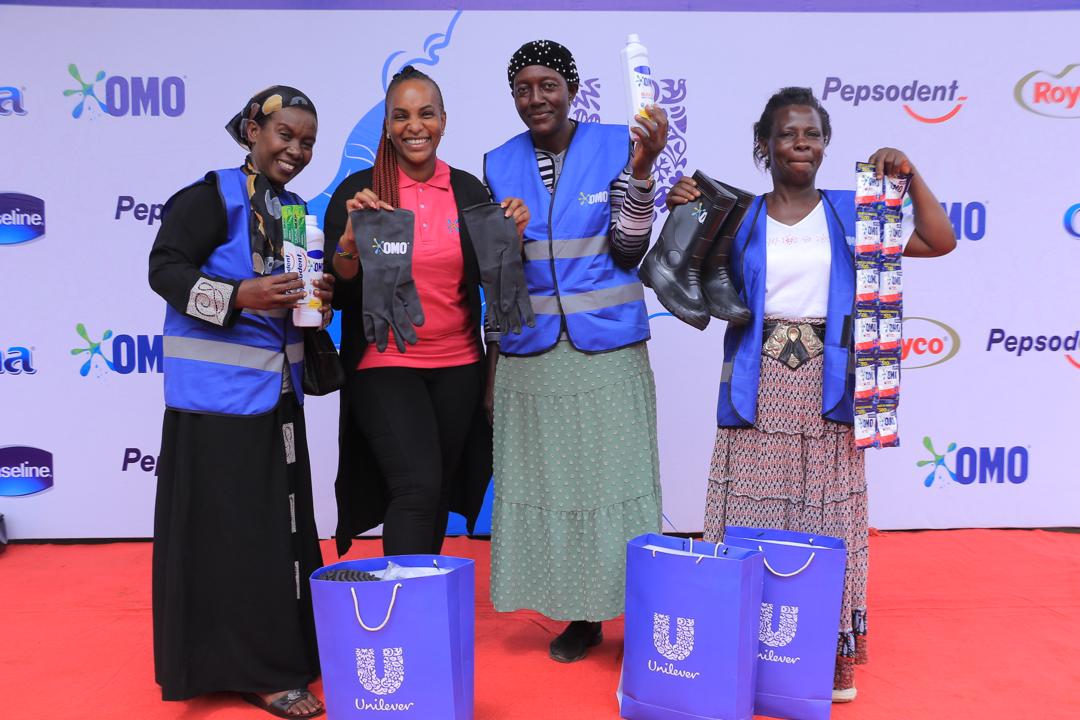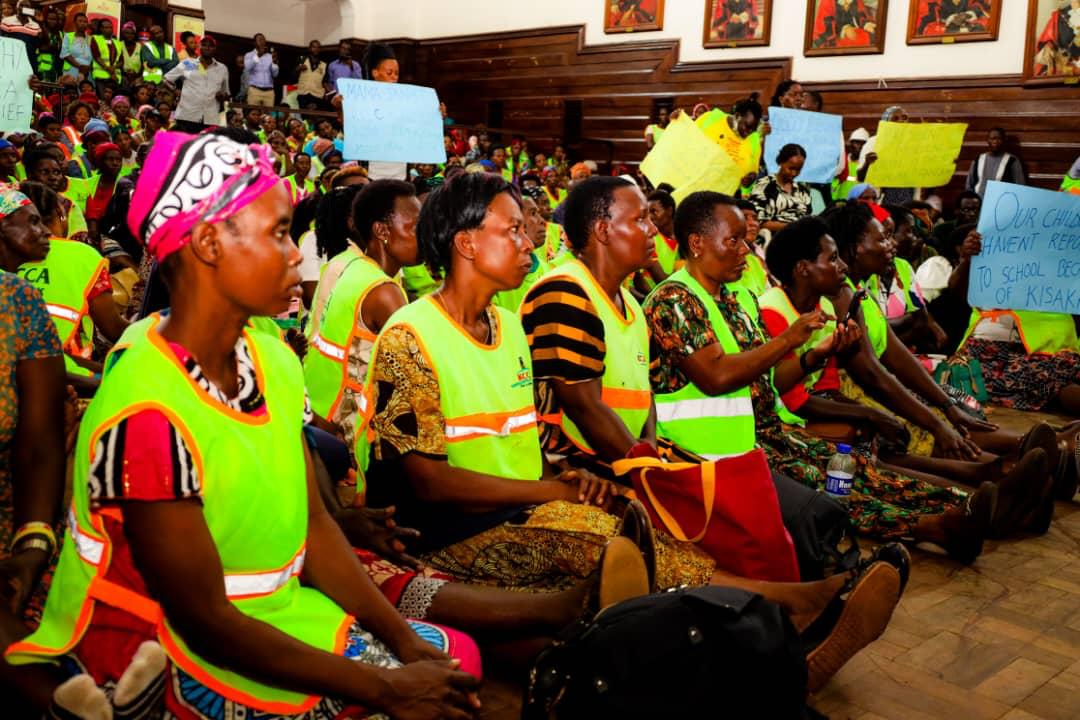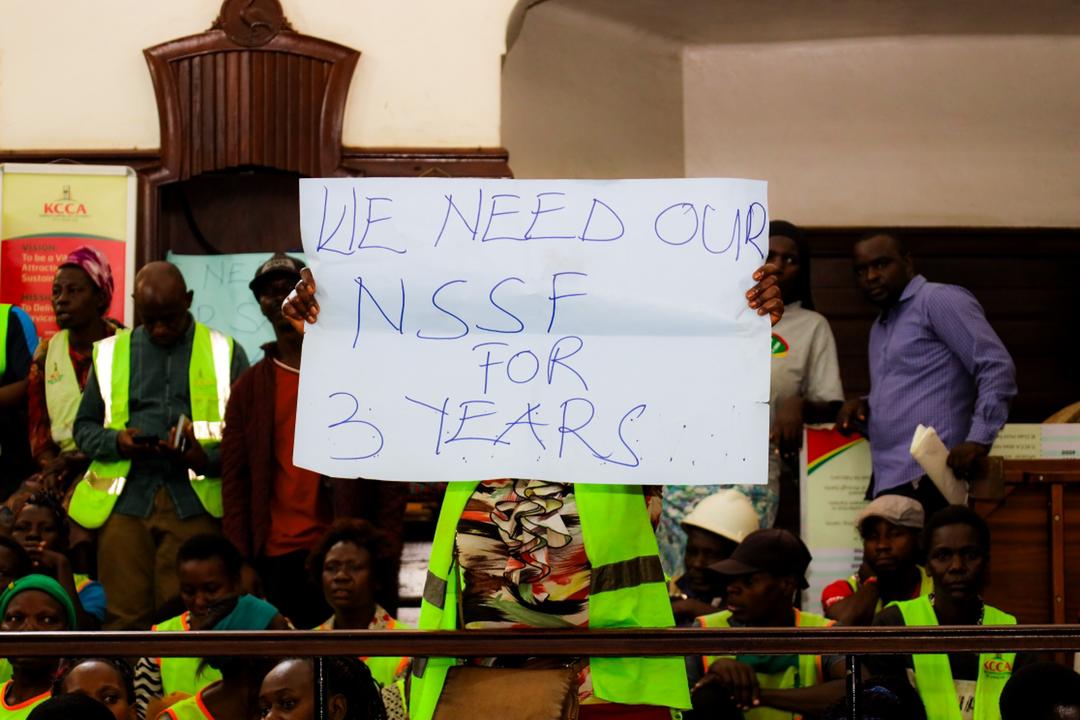Too many people, not enough toilets: A tale of Kampala city
Kampala City is considered to be the fastest growing city in Africa, says a new shopping centre report released by Knight Frank.
According to the report, Kampala has 128,000 square metres of shopping space in the pipeline.
Keep Reading
Real estate developers are building one-stop centres where people can shop, work and live in the same place.
However, Kampala City is grappling with limited public toilet facilities.
The few public toilets around the city are run by private individuals, who charge a fee ranging from shs 500 to shs 200, for both long calls and short calls, depending on the location of the toilet facilities.
Kampala Capital City Authority (KCCA) public toilets don’t charge a fee to the public, but are difficult to access given their limited number in the entire city.
The city has a daytime population of 3 million people who have to make do with 17 public toilets.
The KCCA public toilet at Constitutional Square is overcrowded by passengers; who alight from buses and taxis along Kampala road.
“During peak hours, when passengers are boarding and being offloaded from taxis at Constitutional Square, the toilets are completely inaccessible, as one is made to line up for a long time just to for a long call. And if a person has a running stomach, it becomes extremely difficult for such a person to access toilet facilities in this area”, says Joseph Mugerwa, a taxi driver.
In his previous address to media, KCCA spokesman Peter Kauju said there were 17 free public toilets in the city. He added that there were "thousands in public and private buildings" available for free use.
But finding a free toilet isn't always easy.
Edwin Mwesigye, a motorbike taxi driver, says he makes stops during the day to use a public toilet and often can only find privately owned facilities. He pays shs300 and up to shs 500 if he wants extra toilet paper.
"It's a lot of money," he says.
He earns about shs 30,000 a day. And many of these toilets; both the public ones and the privately owned facilities don’t meet minimum standards. They're pit latrines.
“You squat over a hole and don't have a toilet seat. There's no flush lever, water tank or soap. Not even a door lock”, added Mwesigye.
Kauju said KCCA plans to scale up its number of toilets but wouldn't give more details.
"There has to be more public toilets and they have to be open through the night," says the taxi driver Mugerwa, who adds that some KCCA toilets close for the day by late afternoon or early evening.
"Only when government adopts a good toilet habit can they expect the people to do the same," adds Mugerwa.
By Ambrose Gahene



















